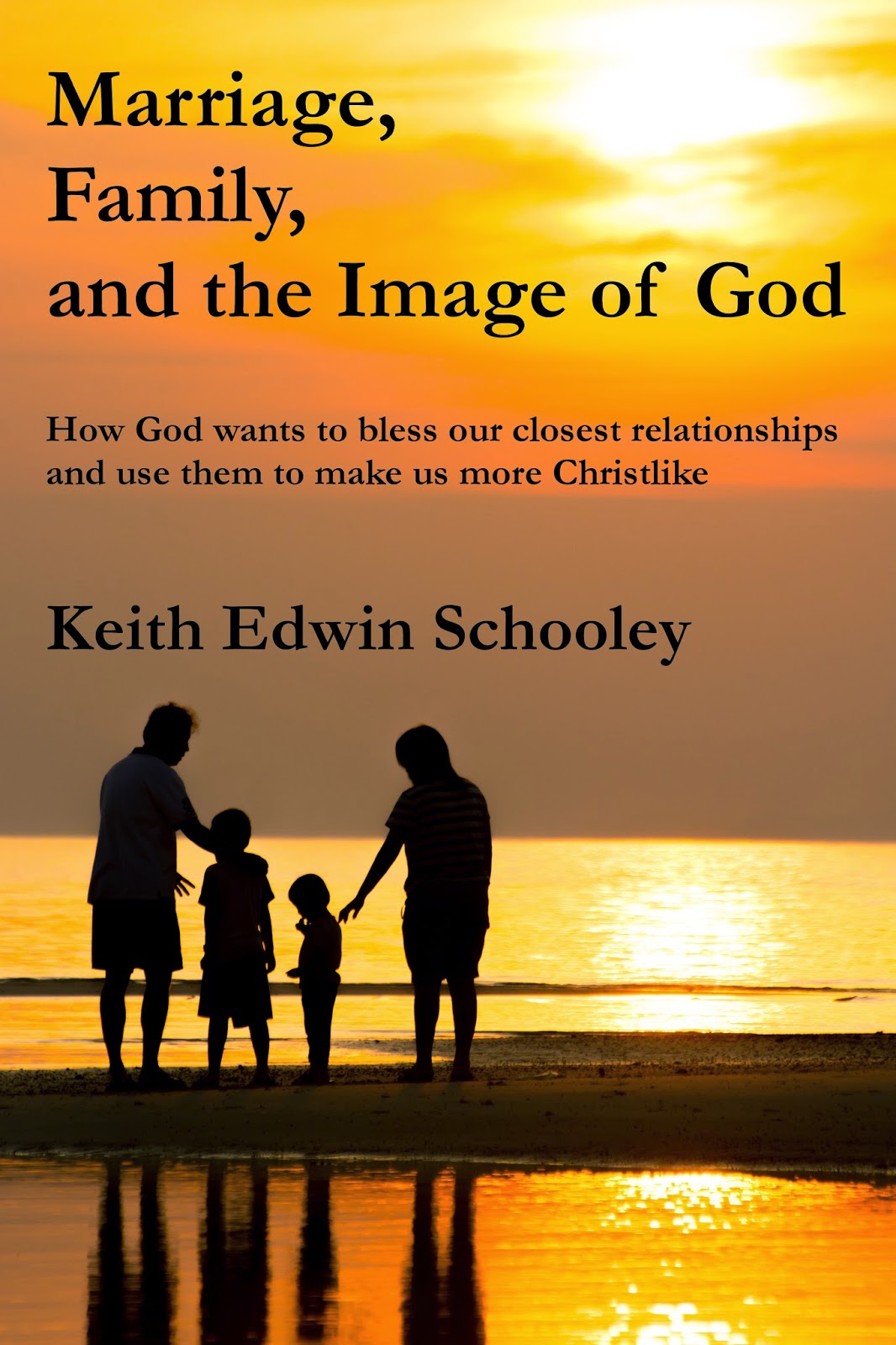In evangelicalism, we have a bit of a weird tradition. I've heard special speakers in church and read books that follow this pattern. Someone will share a testimony, the story of God's grace in their life, which goes into gory detail about their sinful and messed-up life prior to their encounter with Jesus, with greater and greater drama up to and through their conversion, and then pretty much finish up with, "And then I lived happily ever after."
 This pattern has long seemed weird to me. It gives the strong impression that the most
interesting and compelling part of anyone's life is the BC—Before
Christ—part. It's hard not to get the idea that the listeners or readers are getting a vicarious thrill out of hearing the down-and-dirty parts of someone's life, and then get to feel okay about it as long as the message is that sin doesn't pay and Jesus can redeem everyone. It can also make someone like me, who never had a "past" in the way people talk about that, feel like they have a second-class testimony.
This pattern has long seemed weird to me. It gives the strong impression that the most
interesting and compelling part of anyone's life is the BC—Before
Christ—part. It's hard not to get the idea that the listeners or readers are getting a vicarious thrill out of hearing the down-and-dirty parts of someone's life, and then get to feel okay about it as long as the message is that sin doesn't pay and Jesus can redeem everyone. It can also make someone like me, who never had a "past" in the way people talk about that, feel like they have a second-class testimony.






